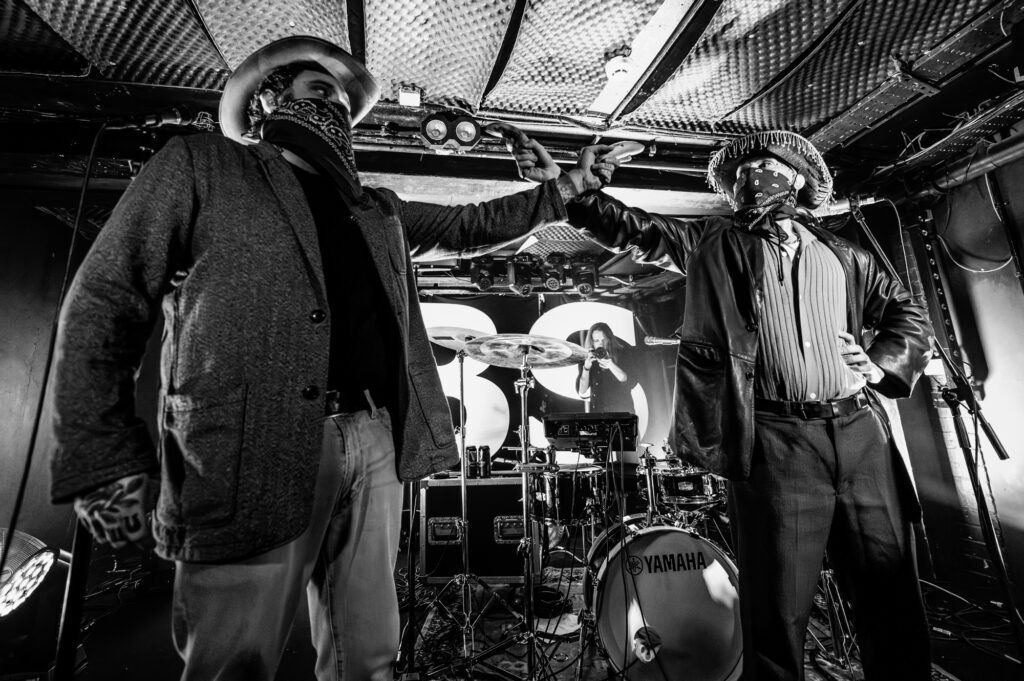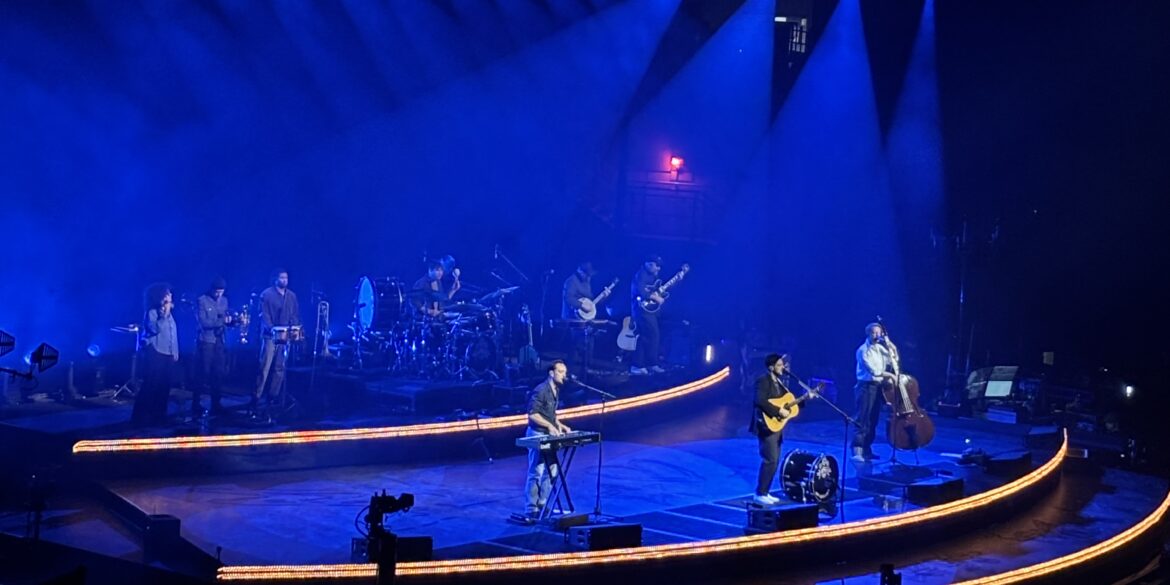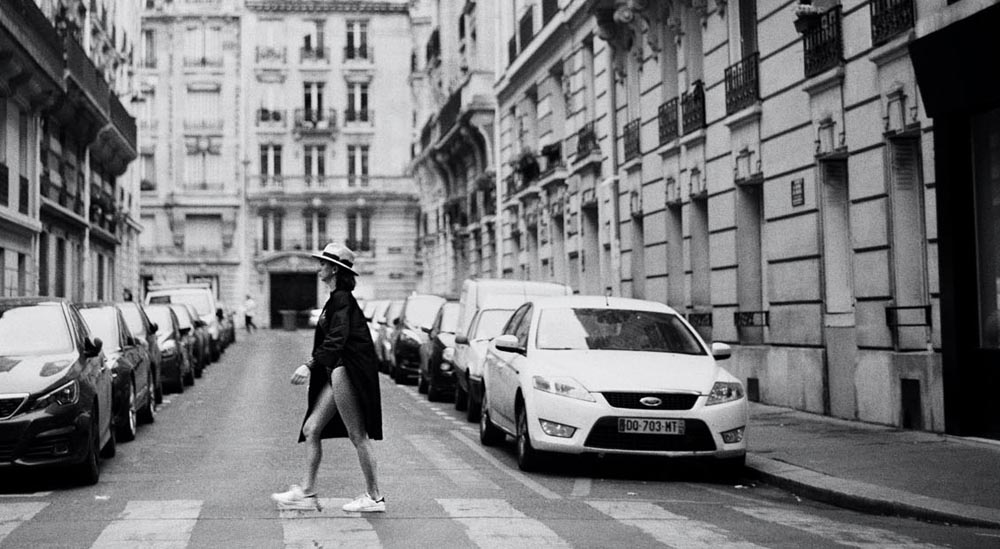“It’s character building”
Working class demons are evidently still yet to be exorcised. If the time-worn image of working men’s clubs, menial jobs with shit pay, and the passing of otherwise dead time in dingy and cheerless brutalist surroundings has been eroded, the remaining sentiment still exists to form a concept detailed here by physically imposing and gruff brummy two-piece Big Special. Purveyors of downtrodden lamentation and aptly named “black country gothic”, they invite us to gulp the murky waters in the bucket drawn from their stony well, working ideas from earthy americana and 21st century widescreen post-punk on their first full length.
Big Special’s big day is cast by Camden based So Recordings (the alternative wing of Silva Screen). Recording at Mark Gardener’s OX4 Sound, Joe Hicklin and Callum Moloney arrive now into the now fully plugged in, musically and socially online world of indie-fied punk in its many appearances, a hotchpotch quilt of cannibalised genres and styles all seemingly bleeding into one another and subject to wild fluctuations of interest stoked by virality and disavowment owing to the modern attention span, which none of us are immune to.
Here the band is given the opportunity to flesh out their sound comprising Hicklin’s unremitting stabs of brutal poetry and yearning drawl a-la Nick Cave, ignited by Moloney’s crashing percussion. Big Special fulfils its purpose as sonic craftsmen in this sense, washing the channels with gloomy synthesised noise, mapping out stanzas of grim verse wrapped around big, wearily cathartic choruses.

The opener, aforementioned Black Country Gothic gallops with its hooves pummeling the turf in a rousing swirl bemoaning steel altars and a budget Christ, before Hicklin closes the track bellowing a refrain with the timbre at least tangentially gathered from the gospel soul of the deep south. Hicklin’s words evoke psychic threads of social dissatisfaction, with the hazy transplantation of several key organs residing in the bodies of soul and punk as key pieces in Big Special’s unmistakably British underclass worldbuilding.

Further in, I Mock Joggers and Shithouse exhibits deadpan humour widening the politically observational lens to involve ghosts, canines, work and hatred backed by Moloney’s dynamic drum work in a variety of modes throughout the record. If the general tenor of Hicklin’s preaching dirges appeals to listeners among Big Special’s likely already converted audience, then the surplus of similar cuts throughout these 15 tracks should prove valuable, many of them carrying in assorted structures this juxtaposition of spoken word with confrontational, emotive howls, an approach which constitutes the bulk of the record.
The centrepiece of the record both literally and spiritually, Black Dog/White Horse, one of the singles released before the LP alters the pace. Spoken word takes a backseat with greater emphasis on the tender element in Hicklin’s vocals as opposed to shouted terse poetry, a steady bassline gives way to brooding and sorrowful arrangements forming the perfect altar from which a huge chorus can be delivered. Broadcast: Time Away switches lanes again, covering itself in bright, glossy synths culminating in cavernous sound and Moloney’s splashing drumwork. iLL struts with rumbling bluesy guitar leads, and the low warbling hum and propulsive yet subdued ticking of Trees is another highlight, pow-pow-powing into full, confidently garish keys and frantic bashing.

Understandably, Big Special’s sound on this record hinges upon the aforementioned fusion of ideas from bleak post-punk and expressive dread seasoned with the flavour of soul and blues. However, the outliers that don’t simply follow the formula but seek actively to disrupt any burgeoning monotony, grant the album distinction. These dishevelled Birmingham upstarts have discovered a few nuggets of gold amongst their tin, and firmly on their side is a willingness to provide thematic cohesion as they confront mundane working class nausea, alongside the noble idea that each song is a chance to reinvent, or to expand upon the vocabulary their niche requires, mostly avoiding kitsch and repetition.











